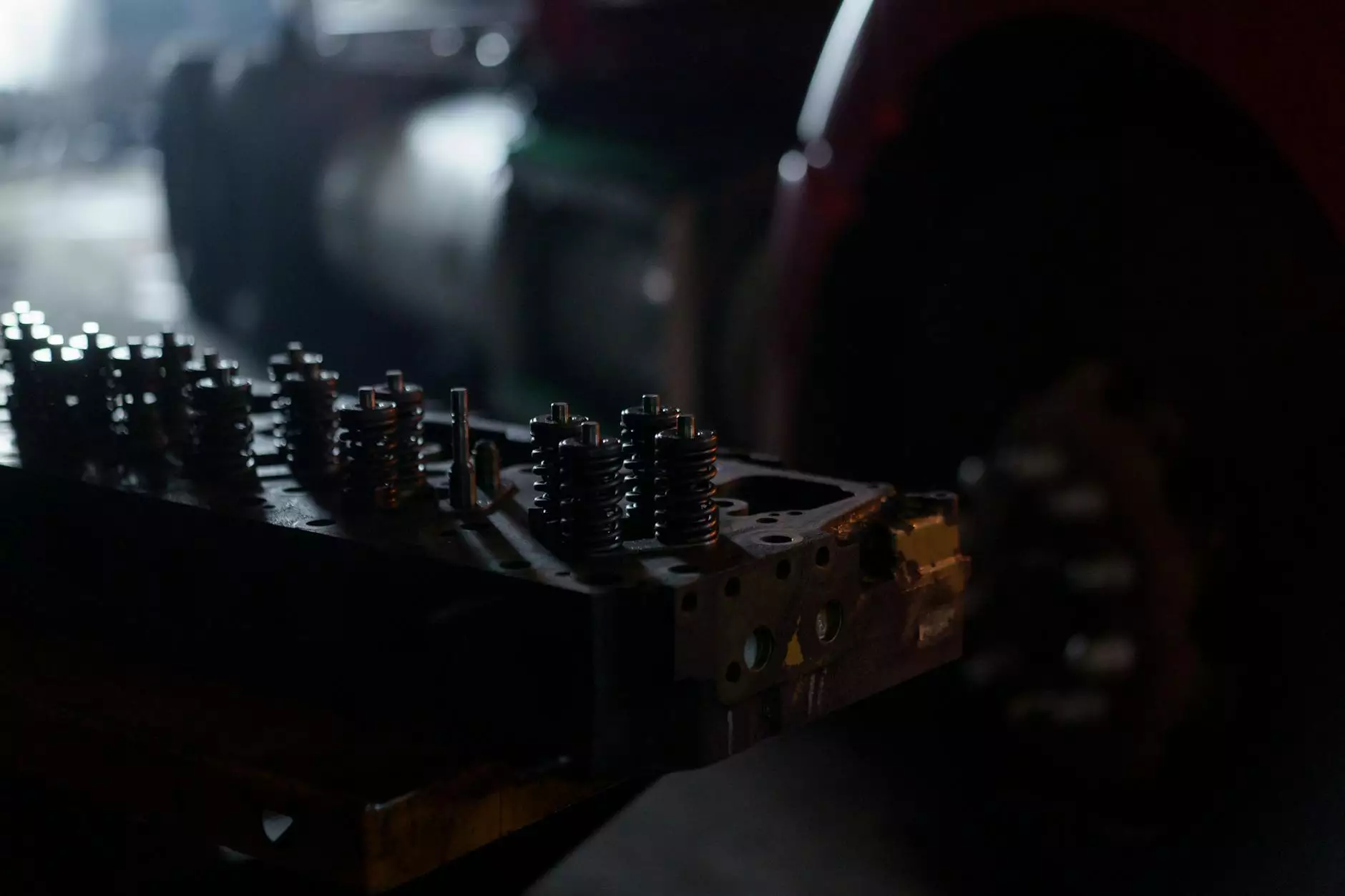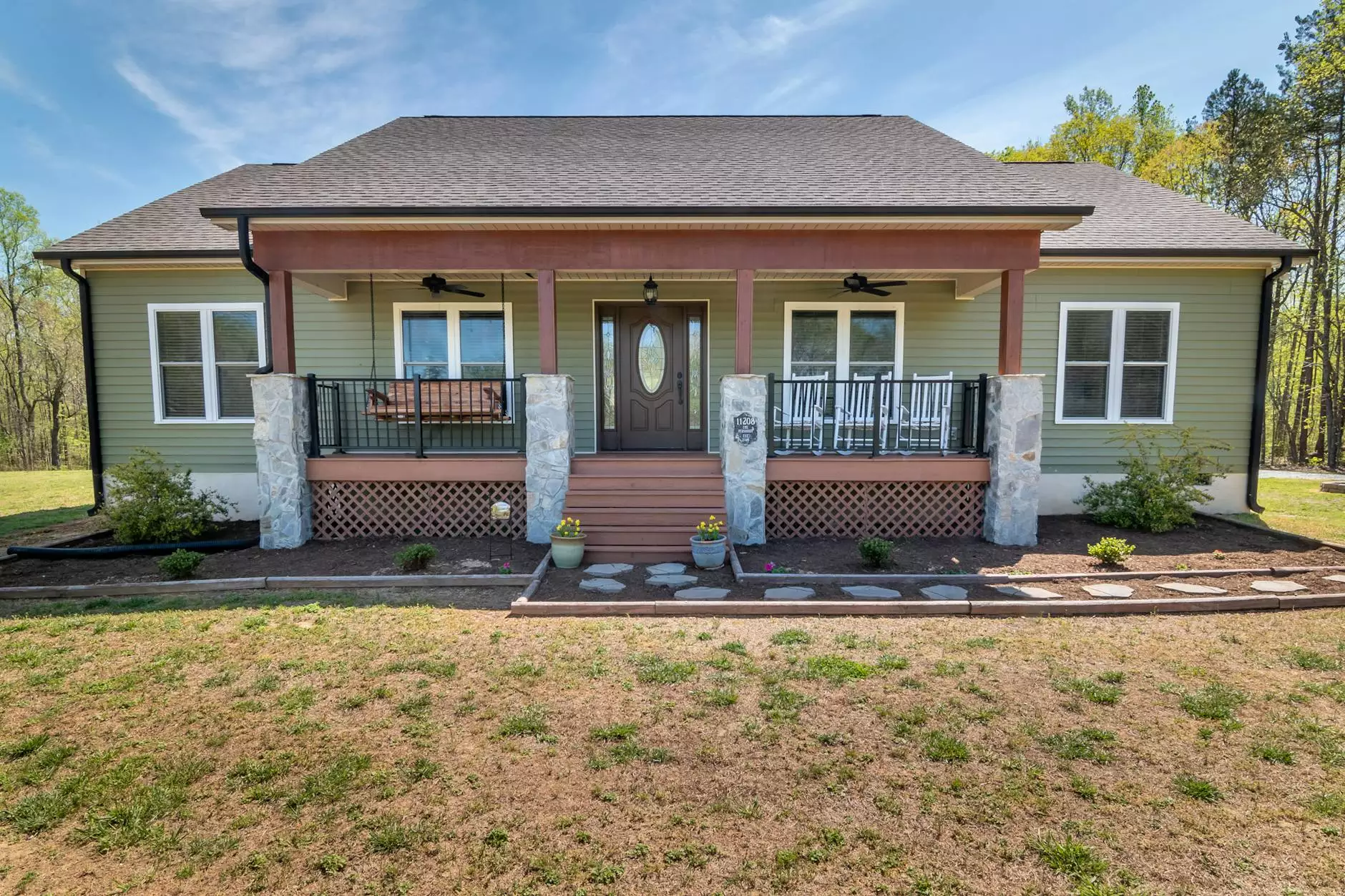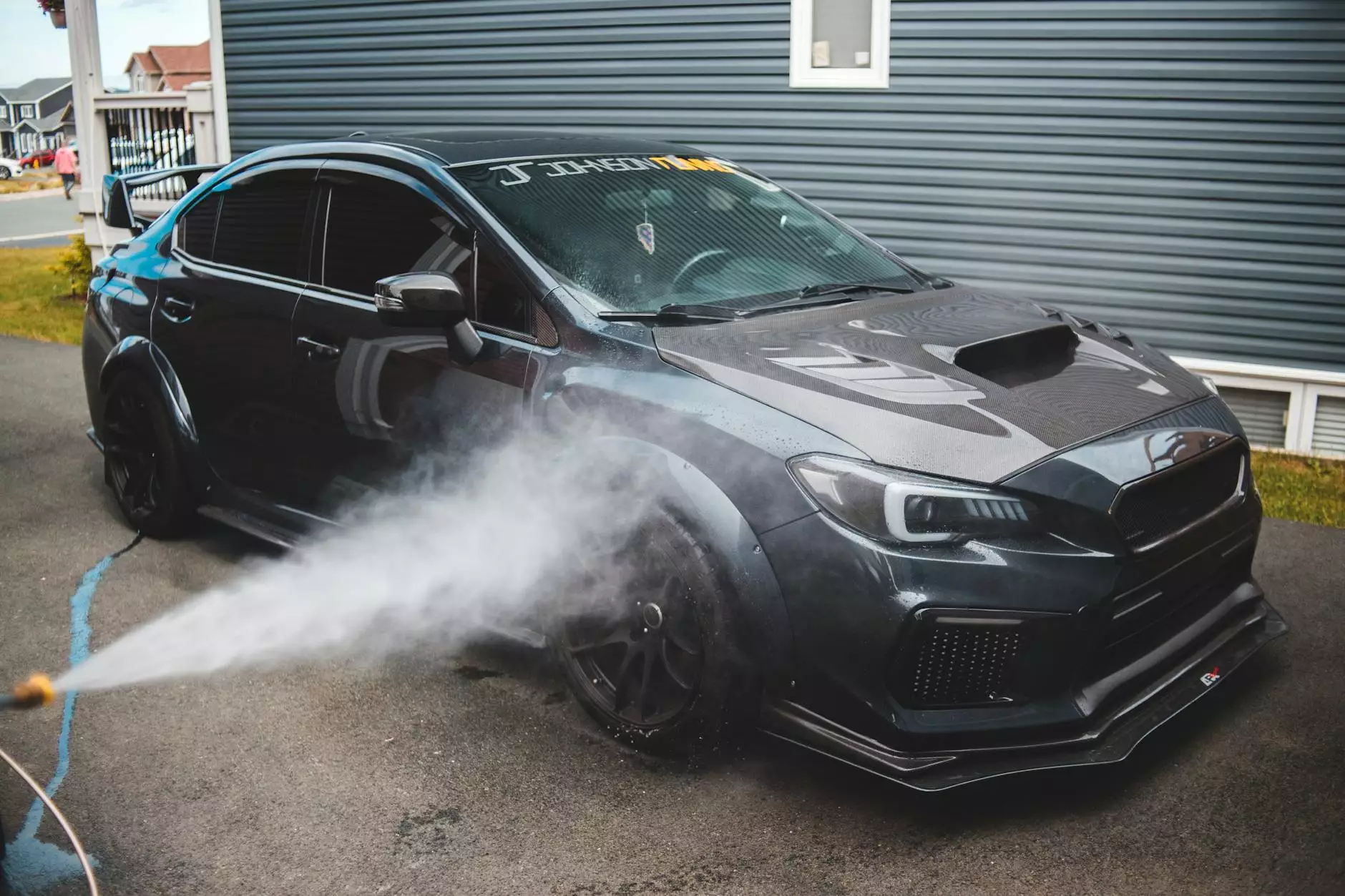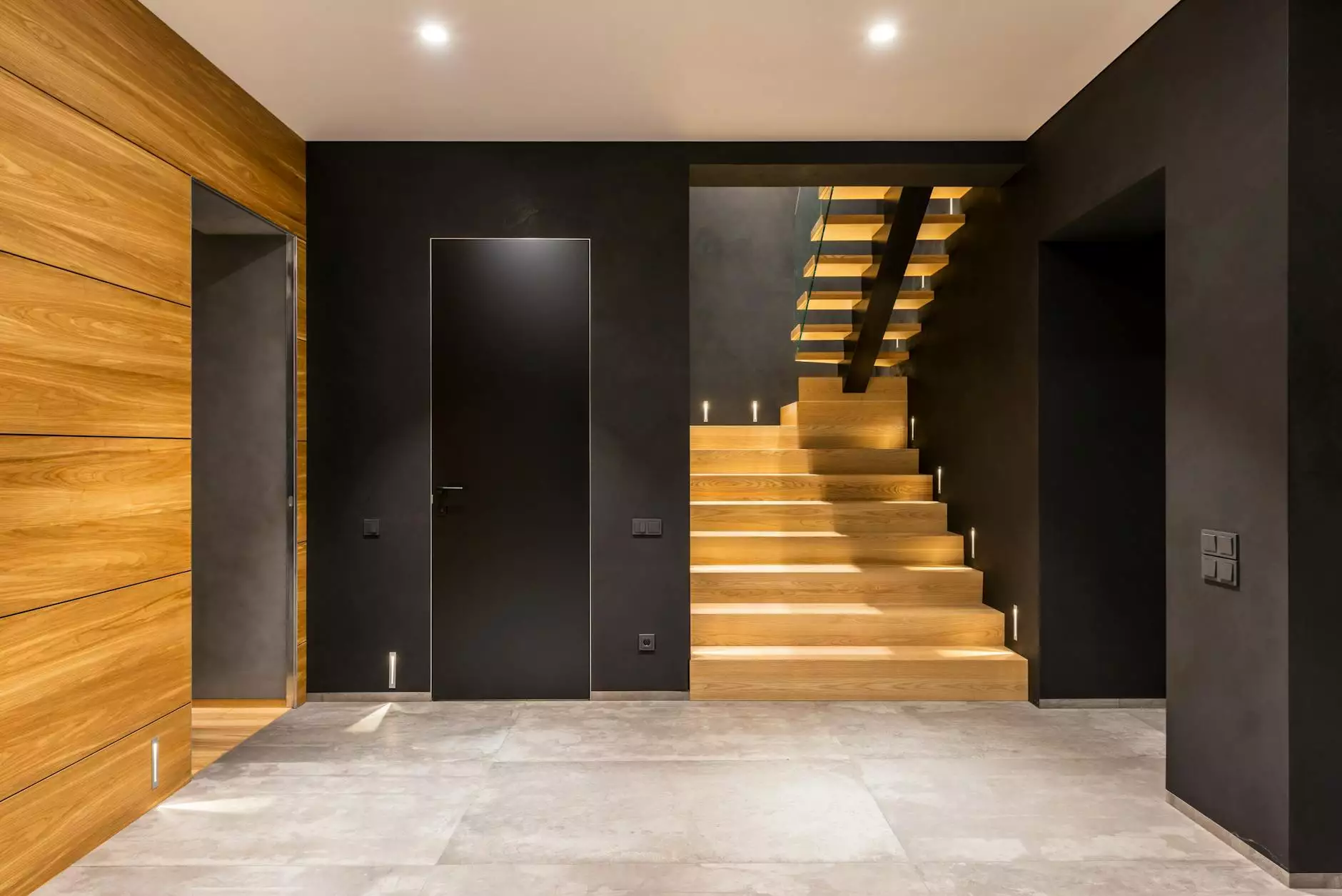How to Fix Your Noisy Garage Door - Do's & Dont's
Clopay Door Information
Introduction
Welcome to Xpress Garage Door's comprehensive guide on how to fix your noisy garage door. If your residential garage door is making loud and annoying noises, we understand the frustration it may cause. In this guide, we will provide you with effective solutions, do's, and dont's to help you eliminate the noise and restore smooth and quiet operation to your garage door.
Identifying the Source of the Noise
Before we delve into the remedies, it's essential to identify the source of the noise. Garage doors can produce various sounds, and understanding the cause will guide us in finding the most appropriate solution. Here are some common noise sources:
- Worn-out rollers
- Lack of lubrication
- Loose hardware
- Malfunctioning opener
- Damaged springs
The Dos: Fixing Your Noisy Garage Door
1. Regular Lubrication Maintenance
Proper lubrication is crucial for the smooth operation of your garage door. Apply a high-quality garage door lubricant to all moving parts, including rollers, hinges, tracks, springs, and bearings. Lubrication reduces friction, minimizes noise, and extends the lifespan of your door components.
2. Inspect and Replace Worn-out Rollers
Inspect the rollers on your garage door. If you notice any signs of wear and tear, such as cracks or deformation, it's time to replace them. Worn-out rollers are a common cause of noisy garage doors. Replace them with nylon or steel rollers, as these materials provide smoother and quieter operation.
3. Tighten Loose Hardware
Over time, the hardware on your garage door may become loose, leading to vibrations and noise. Use a wrench or socket set to carefully tighten all nuts, bolts, and screws. Pay attention to hinges, brackets, and track supports. Secure all components to reduce vibrations and rattling noises.
4. Ensure Proper Balance and Alignment
An unbalanced or misaligned garage door can cause excessive noise and strain on the door opener. Follow the manufacturer's instructions to check the balance of your door and make any necessary adjustments. Additionally, inspect the horizontal and vertical alignment of the tracks to ensure they are properly aligned.
5. Replace Damaged Springs
If you have torsion or extension springs, inspect them for signs of damage or wear. Damaged springs can create significant noise when operating your garage door. Replace any worn-out or broken springs to restore smooth and quiet movement. It's important to note that spring replacement should be carried out by a professional for safety reasons.
The Don'ts: Avoid These Common Mistakes
1. Using WD-40 as a Lubricant
Avoid using WD-40 or similar products as lubricants for your garage door. While WD-40 is a great multipurpose solvent, it is not designed for long-lasting lubrication. Instead, opt for a specialized garage door lubricant that is specifically formulated for the purpose.
2. Neglecting Routine Maintenance
Regular maintenance is key to preventing noise issues with your garage door. Don't neglect essential tasks such as lubrication, inspection, and tightening of hardware. By keeping up with routine maintenance, you can catch and resolve potential problems before they escalate into major noise disturbances.
3. Attempting Complex Repairs without Professional Help
While minor maintenance tasks can be done by homeowners, complex repairs should be left to trained professionals. Working with garage door springs, cables, and opener mechanisms can be hazardous without the necessary knowledge and tools. Don't risk your safety and seek professional assistance for intricate repairs.
4. Ignoring Unusual Sounds
If your garage door starts making new or unusual sounds, don't ignore them. Unusual noises can indicate underlying issues that require attention. Timely identification and resolution of these problems can prevent further damage and extend the lifespan of your garage door.
5. Using Excessive Force
Many homeowners make the mistake of using excessive force when operating a noisy garage door. This can put unnecessary strain on the door opener and cause further noise. Instead, practice gentle and smooth operation, allowing the door and opener to work in harmony.
Conclusion
Xpress Garage Door hopes that this guide has provided you with comprehensive insights and solutions to fix your noisy garage door effectively. By following the do's and avoiding the dont's, you can restore peace and tranquility to your home while enjoying the reliable and noise-free operation of your garage door. Remember, proper maintenance and timely repairs are crucial for the longevity and performance of your residential garage door.










